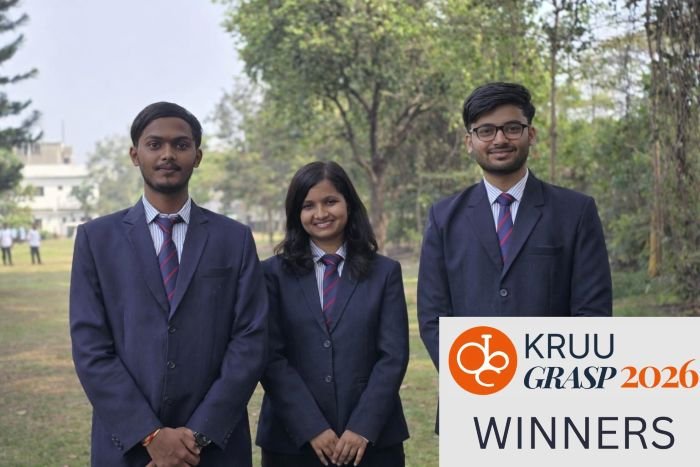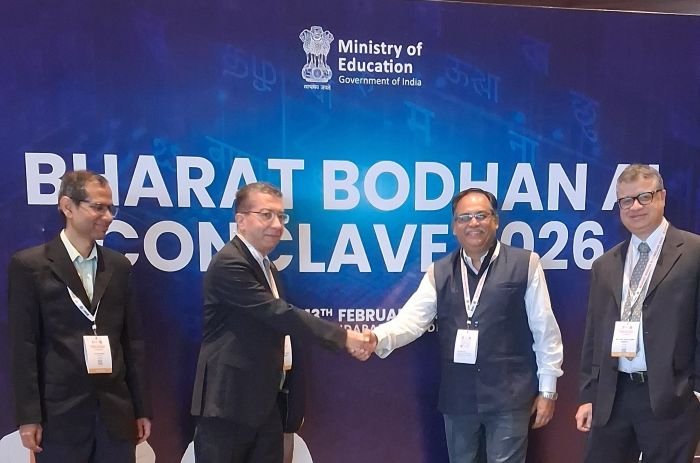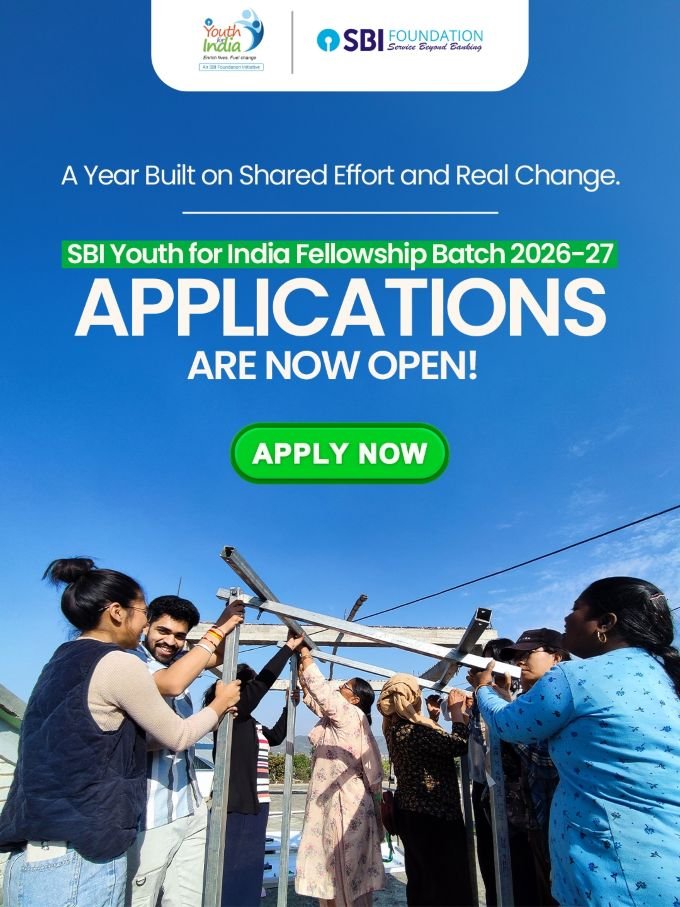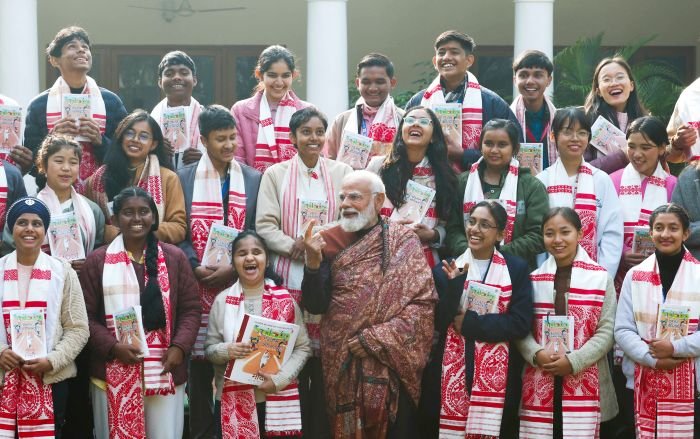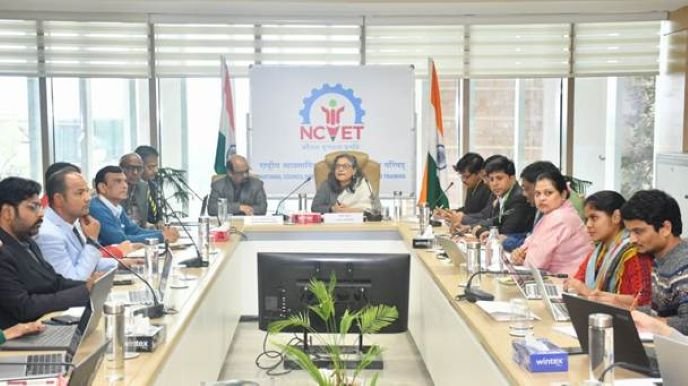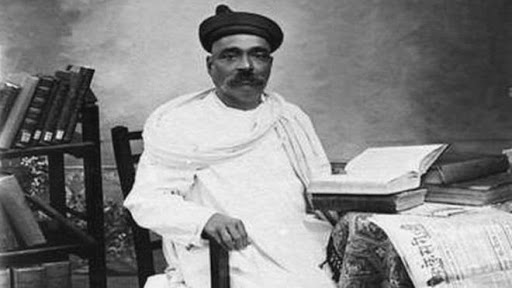
On the occasion of the 11th anniversary of the enactment of the Right to Education Act 2009, RTE Forum—a national network of activists, educationists, groups and non-profits—reiterated its resolve to fight for reclaiming the rightful space and attention for the children right legislation. In a webinar hosted by it to mark the anniversary, speakers attacked the government for its deliberate and distracting measures aimed at diluting the law.
Among several demands that found support in the virtual conference was demanding a white paper on the status and implementation of the RTE Act, a full discussion in the Parliament and resumption of annual reports on the status of the law by the government as was done in the first three years of the enactment, revival of a National Advisory Committee and a school education commission. According to Prof. Muchkund Dubey, President, Council for Social Development and a former foreign secretary who actively supports the right to education, this government has stopped giving importance to this law at political level and it introduced NEP after a protracted process only to change the narrative. “Two scuttling measures of this government against the spirit of the Act have been closing of thousands of schools in name of consolidation and second, merging SSA with RMSA and teacher training under Samagra Shiksha Abhiyan to dilute the RTE Act,” he added.
Noted educationist and former NUEPA vice-chancellor, Prof R Govinda, who incidentally was a member of the drafting committee of the Act, highlighted how historically the achievement of the national vision to universalization of education has been below target. “The framers of constitution for lack of resources didn’t commit it as a constitutional guarantee. Then Kothari Commission said 20 years followed by National Policy on Education 1986, which set the target of end of century (2000). Then we moved to 2002 amendment and after seven years to a law. Now, after 11 years, we are still saying it is almost where we began in the days of 1998-2000 as a movement,” he said. Sharing important piece of information on school access, Prof Govinda said that at the time of the thought of the Act, 98% population had already access (in terms of distance) to schools and we had about 8 lakh schools then. “How to service the remaining 2%, we ended up adding as many more schools is surprising and area of research? Every kind of school was added and even those areas, which didn’t had much population were given schools,” he added.
According to him planning has lost its course in school education and there is an urgent need of state level action plans to arrest the decline of proper implementation of the Act. He also pointed out lack of enthusiasm among states as another serious factor that has impacted school education. “There was a thought that RTE should be rolled out as a program and not as a scheme. But then SSA became the primary vehicle of its implementation. So states thought that both the Act as well as planning was of the centre, so at a thought level they just stopped owning them,” he said.
As an education scientist and teacher trainer cum activist, Prof Anita Rampal invoking chapter 5 of the RTE Act asked all champions of digital or online education to get to the bottom of what educating means and added that digitization was undoing the understanding of the vision of education. “There are challenges beyond RTE and this is an effort of thrusting skills education on half of the children and promotion of edtech businesses,” she added.
In her remarks, Farah Naqvi, activist writer, illustrated how there is ignorance about why RTE is under Article 21A of the constitution even among the other rights movements and knowledge people. “It is not in the conscious mind of the people so there is a need to make it an embedded right in larger political struggle and public discourse,” she added. She also advocated for a discrimination law, addition of minorities to the disadvantaged section within the RTE Act and an equality declaration in schools.
RTE Forum in coming weeks is expected to galvanize public opinion in this backdrop. “We know our task has been made more difficult but a struggle of over 100 years started by Gopal Krishna Gokhale hasn’t yet fatigued, we will reclaim this right for our children with support from people,” said Ambarish Rai, National Convener of the RTE Forum.


